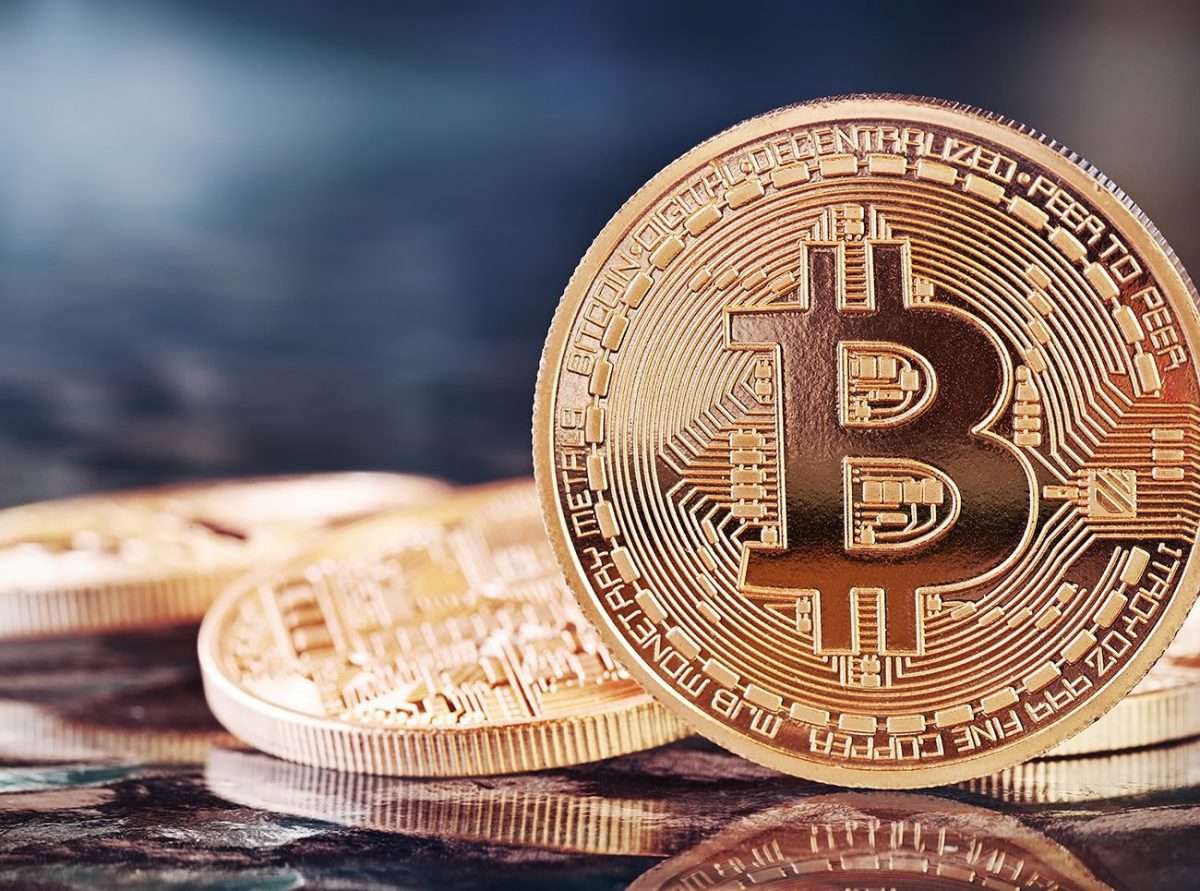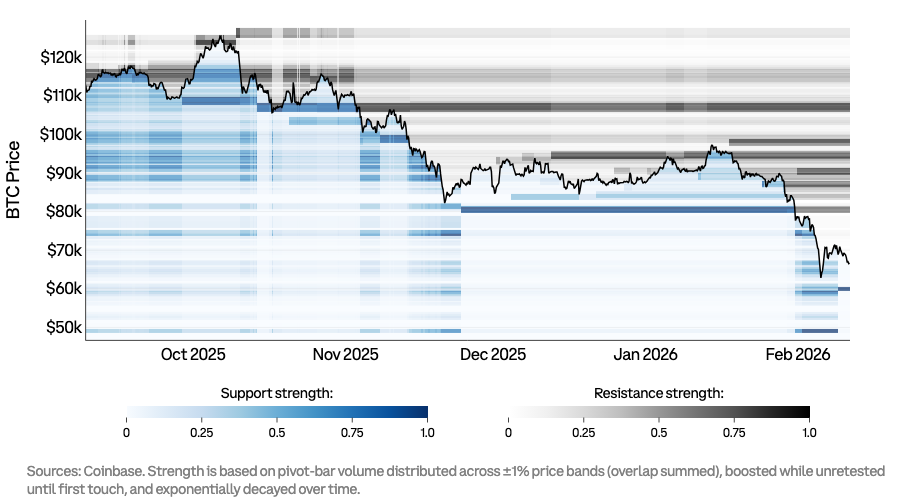
The year 2009 was the landmark year when the cryptocurrency was created in the year 2009 by a pseudonymous developer known as Satoshi Nakamoto. While we have not been able to figure out who the gentleman Satoshi Nakamoto is; his contribution is undoubtedly important from the perspective of 2020s economy. Bitcoins are designed to function like exchange mediums that are secured with strong cryptography. This would in turn secure financial deals, control the creation of additional units and verify asset transfers. Using a decentralized control mechanism, they are able to exercise decentralized control.
Bitcoin emerged as the open-source software which was first released in the year 2009. It is still considered to the first crypto-currency. Some of the major features of the cryptocurrency infrastructure are:
- The system does not require a central authority, its state is maintained through distributed consensus
- The system keeps an overview of cryptocurrency units and their ownership
- The system defines whether new cryptocurrency units can be created. If new cryptocurrency units can be created, the system defines the circumstances of their origin and how to determine the ownership of these new units
- Ownership of cryptocurrency units can be proved exclusively cryptographically
- The system allows transactions to be performed in which ownership of the cryptographic units is changed. A transaction statement can only be issued by an entity proving the current ownership of these units
- If two different instructions for changing the ownership of the same cryptographic units are simultaneously entered, the system performs at most one of them
The wide-scale adoption of cryptocurrencies are based on a set of merits that are thoroughly evident from the core characteristics of crypto assets. One of the most important transitions which the cryptocurrencies would bring about in the digital economy of the world would be in the form of cryptography. Modern cryptography would stop duplication or counterfeiting of assets. The users of crypto transactions would enjoy the benefits of not being charged while processing a transaction. Plus, the users have complete command and control over the entire network which is practically impossible in any other platform. The biggest freedom and control for customers is offered by a crypto-based trading network.


